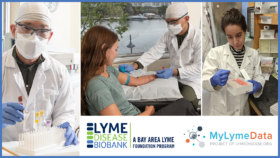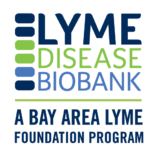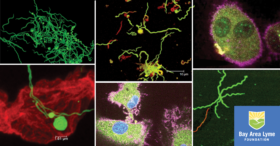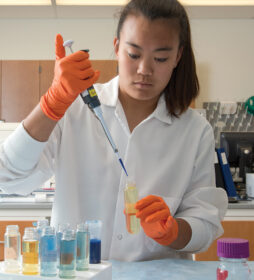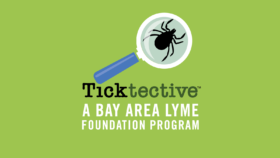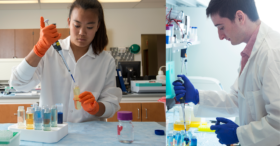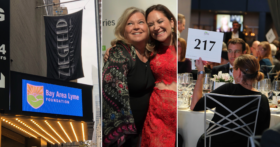BAL Leading the Way Series
How a chance meeting and the harnessing of big data led to a research initiative that’s finding answers in Lyme and tick-borne disease
Many different groups comprise the Lyme disease community including patients, their families, healthcare providers, researchers and nonprofit organizations. These nonprofit organizations and foundations may differ in size, structure, fiscal basis, focus and approach, but in one important aspect they are united: the search for answers.
This search for answers in the realm of Lyme and tick-borne diseases has served as a unifying driver, even when dissent and controversy has sometimes fragmented the Lyme community. And despite what seems to be a constant uphill battle for recognition and legitimacy of Lyme and tick-borne infections, many believe that we’re on the brink of major breakthroughs to help patients and doctors unlock the medical mysteries that make these infectious diseases so confounding. Two people cautiously optimistic about where we are in the search for answers about Lyme are Liz Horn, PhD, MBI, Principal Investigator, Lyme Disease Biobank, and Lorraine Johnson, JD, MBA, Chief Executive Officer, LymeDisease.org and Principal Investigator MyLymeData.
